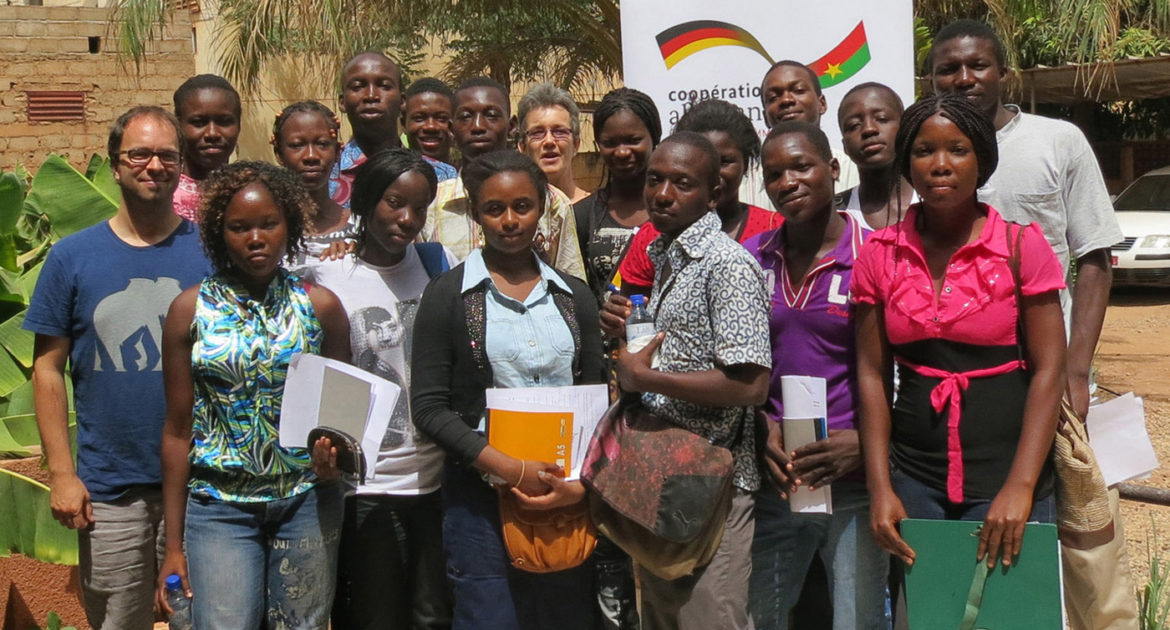
Burkina Faso has committed itself, for the year 2019, to set up a pilot phase of gender and child-rights sensitive budgeting* for 6 ministries in the country, which will now have to produce budgets that take these elements into account.
The institutions concerned are the Ministry of the Economy, Finance and Development, the Ministry of Women, National Solidarity and the Family, the Ministry of National Education and Literacy, the Ministry of Water and Sanitation, the Ministry of Agriculture and Water Development and the Ministry of Health.
Since October 2009, Burkina Faso has been trying to adapt its national policy to show greater sensitivity to children’s rights and gender issues. Consequently, the State has defined strategic axes to better integrate these two dimensions into the country’s budget. In this context, the Bureau conducted in 2013 a study on child-friendly budgeting, in partnership with German Agency for International Cooperation (GIZ), with the goal to define measures to better reflect the country’s political commitments. To do so, the Bureau met directorates, ministries and state institutions, civil society organisations as well as young people aged between 17 and 19. The results of this study and consultative workshops have thus made it possible to develop a strategic approach for a better integration of children’s rights into the way the Ministry of Economy and Finance of Burkina Faso operates.
Other preparatory initiatives were subsequently implemented by various funds and agencies to achieve this pilot phase of budgeting, including capacity-building for the various actors involved in budget preparation, implementation and control in 2017. These actions have been carried by GIZ, the National School of Financial Management (ENAREF), UNICEF and the Gender and Diakonia Common Fund.
With this new reform, the Burkinabe State reiterates its commitment to promoting gender and children’s rights.
*A gender and child rights-sensitive budget takes into account the practical and strategic needs of men, women, and children, and defines the share reserved for each. They thus become actors and beneficiaries of funding for development projects and actions. (source: www.Burkina24.com)





